By Jerry Zhang
On Sept. 30, the National Day for Truth and Reconciliation and Orange Shirt Day, Toronto Metropolitan University’s (TMU) Yellowhead Institute launched its new Land Back online course in an informative panel at the Centre for Urban Innovation (CUI).
The panel was followed by a memorial walk at TMU to honour the residential school survivors.
The Yellowhead Institute, an Indigenous-led research centre at TMU, introduced the “Land Back” course. More than 1,000 students have enrolled in the course, according to Megan Scribe, education director of the Yellowhead Institute and an assistant professor in the Department of Sociology.
“The response has been overwhelmingly positive,” she said.
The seven-module asynchronous course is accessible online and is designed for “learners [who] have some introductory or basic understanding of Indigenous concept issues and history in Canada,” said Scribe. Participants can sign up online through the Yellowhead Institute website.
“It’s not just a standard click-through course,” said Hayden King, executive director of the Yellowhead Institute and associate professor and advisor to the Dean of Arts on Indigenous Education, during the panel. “We feature a number of films, podcasts, guest speakers… [and an] interactive website. So it’s a pretty dynamic course that we hope people engage with.”
Scribe explained the challenges in transforming the 2019 Land Back Red Paper report into a multimedia course. The original report analyzes land dispossession in Canada, focusing on resource extraction, Indigenous consent and alternative Indigenous-led economies outside of government policies on land reclamation. “The process…took about a year and a half,” she said. “Modules are broken down into visual, textual and…auditory elements, so it’s an immersive experience … rather than a text-based report.”
The seven modules, narrated by independent researcher and consultant Tara Williamson, cover topics such as consent, dispossession, recognition, strategies for land reclamation, climate action and the future of Land Back.
“Each [module is] organized into different thematics around colonial dispossession and Land Back,” Scribe said.
The course tackles issues such as consent, denial of Indigenous sovereignty and reclamation.
“How does Canada deny Indigenous sovereignty, deny histories of dispossession? How does it deny ongoing realities of systemic inequities?” Scribe added.
The course also features a short film directed by Damien Gillis and produced by the Yellowhead Institute that was presented to the panel called Return to Gale Creek.
“It explores the consequences of a gasoline tanker running aground on the northern coast of [Britsh Columbia] spilling tens of thousands of litres of diesel fuel,” said King. He explained the film “is an example of Land Back in practice.”
Riley Yesno, a Yellowhead Institute research fellow, explained how Land Back challenges people to think about reconciliation more deeply.
“When you say ‘Land Back’ and people get uncomfortable, that’s what you should have been feeling when you thought of reconciliation in the first place,” she said.
After the panel, a silent memorial walk took place. According to the event website, participants were asked to “reflect on what it would feel like to attend an institution like TMU where you couldn’t speak your language or see your family,” and “consider the experience through the eyes of a young child.”
Participants could place paper orange shirts in the soil at the Normal School façade as a symbolic gesture of remembrance.
Mary Snyder, a fourth-year fashion student and member of the Cree-Métis from Michel Nation, Treaty 6, reflected on the silence. Her family attended residential schools and said awareness on campus is “crucial.”
“It’s easy to talk and to fill the space but it’s harder just to be quiet and listen and reflect in your own thoughts,” she said.
She said it’s difficult being an Indigenous student at TMU and more resources should be allocated to protect Indigenous students.
“There could be more participation from [the school], like more reaching out, more funding,” she said.
TMU President Mohamed Lachemi remarked on the university’s commitment to long-term reconciliation. “Meaningful reconciliation goes beyond just one day,” he said. “It requires a long-term commitment to addressing the historical and ongoing injustices faced by Indigenous peoples in Canada.”
Lachemi highlighted TMU’s response to the Truth and Reconciliation Commission, including the release of a summary report on future steps of “Indigenization”, work by the Standing Strong Task Force and support services such as peer groups and Indigenous counseling.
To Snyder, the limited participation of non-Indigenous students in Truth and Reconciliation Day was “disappointing.”
“It made me a little sad that more people weren’t wearing an orange shirt, that more people weren’t participating and something as simple as taking 30 minutes out of your day just to sit in silence and really reflect on Canada’s history,” she said.
“Reconciliation often falls on Indigenous people but it should fall on non-Indigenous peoples who inflicted the harm.”


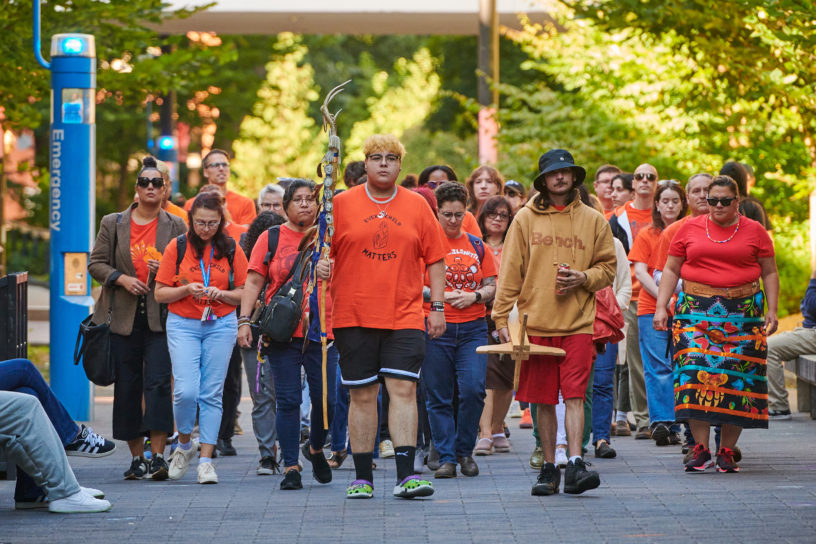
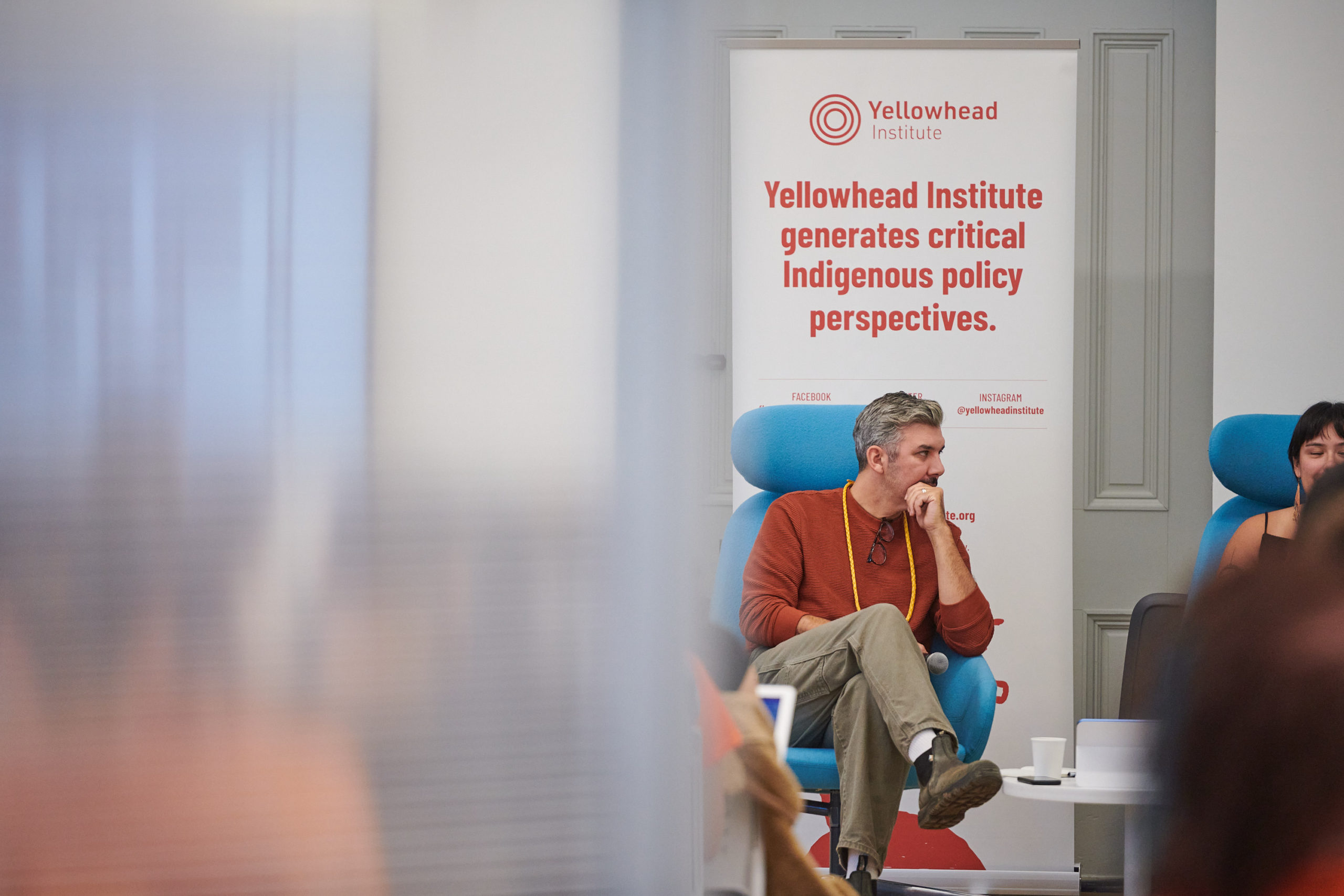
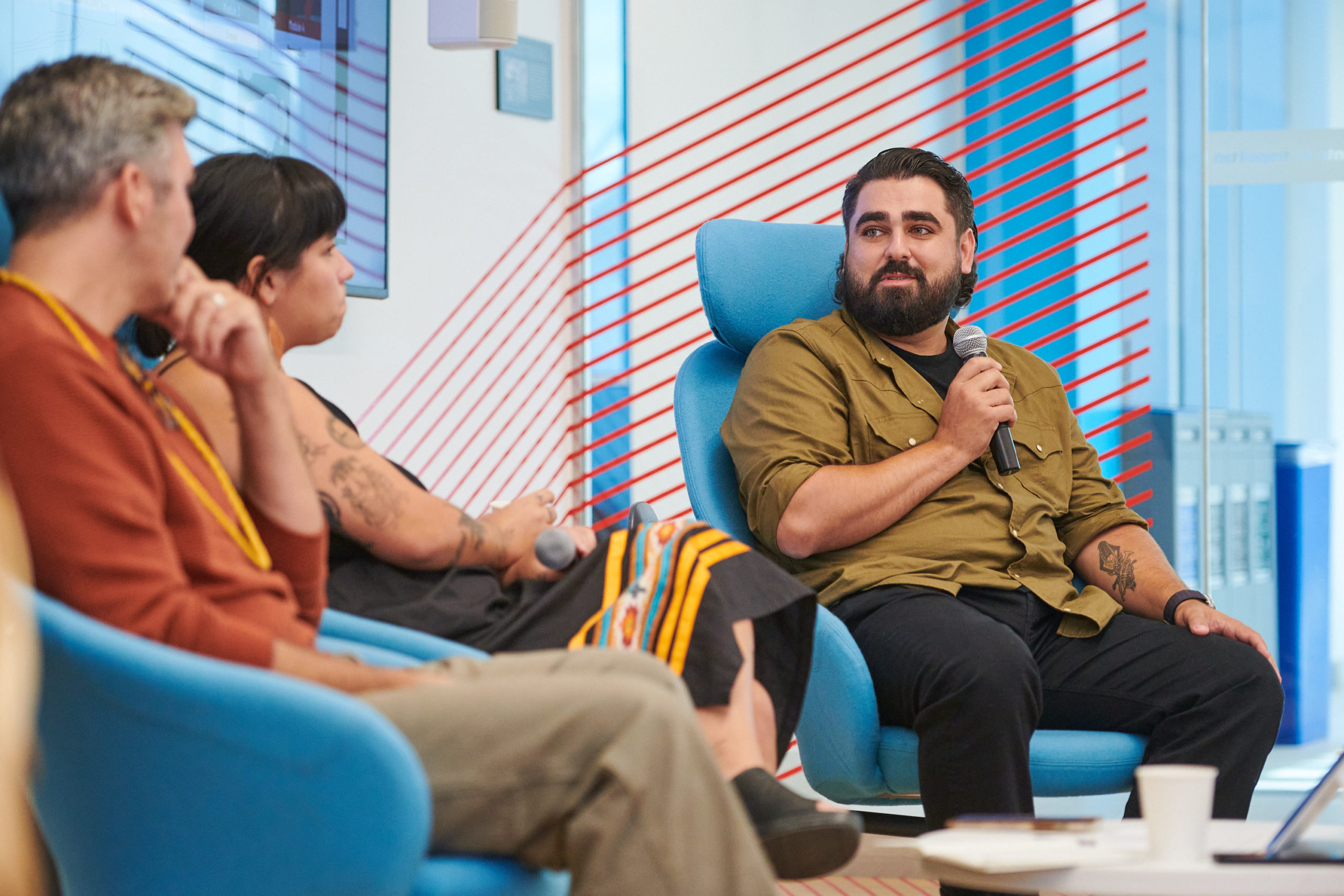
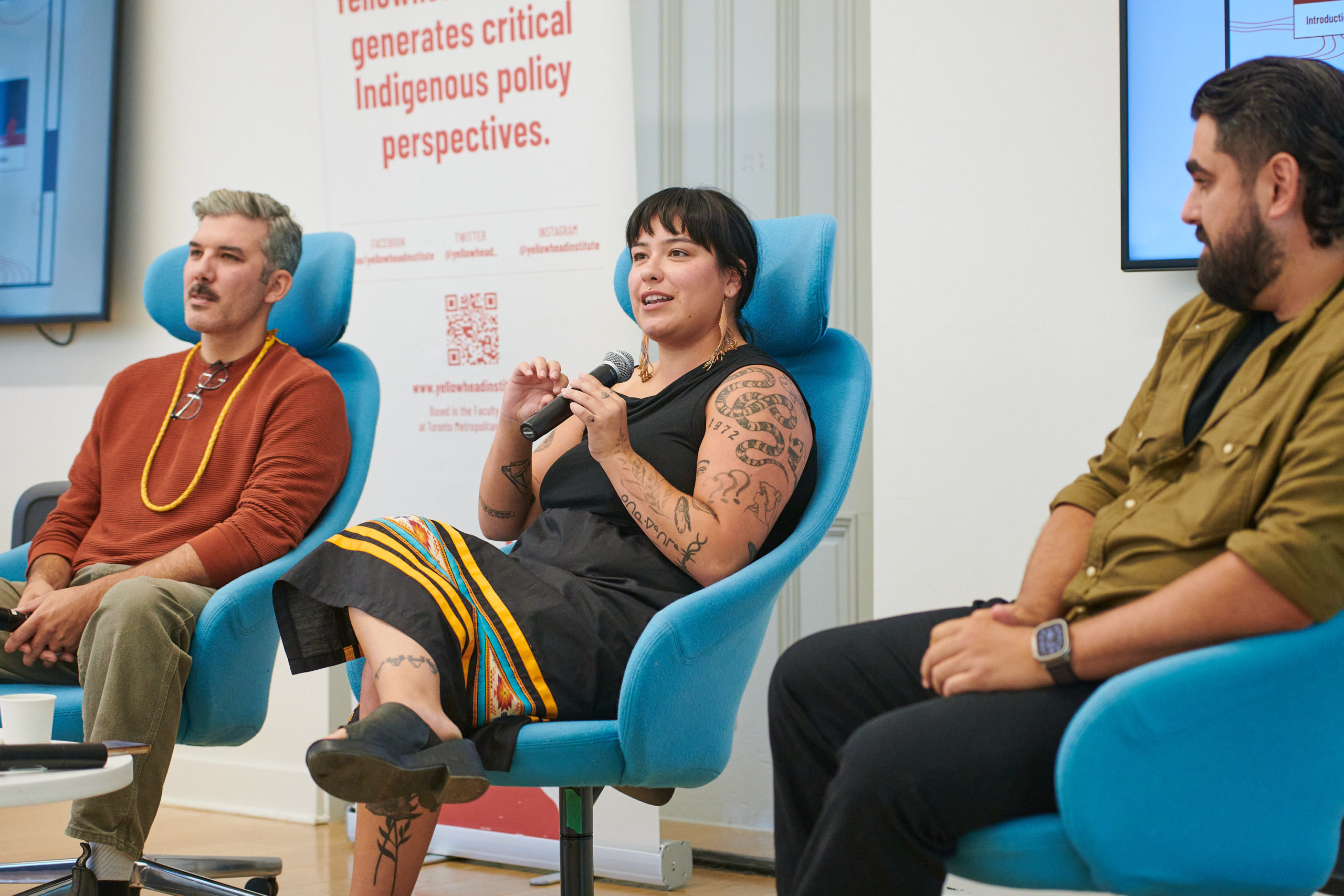
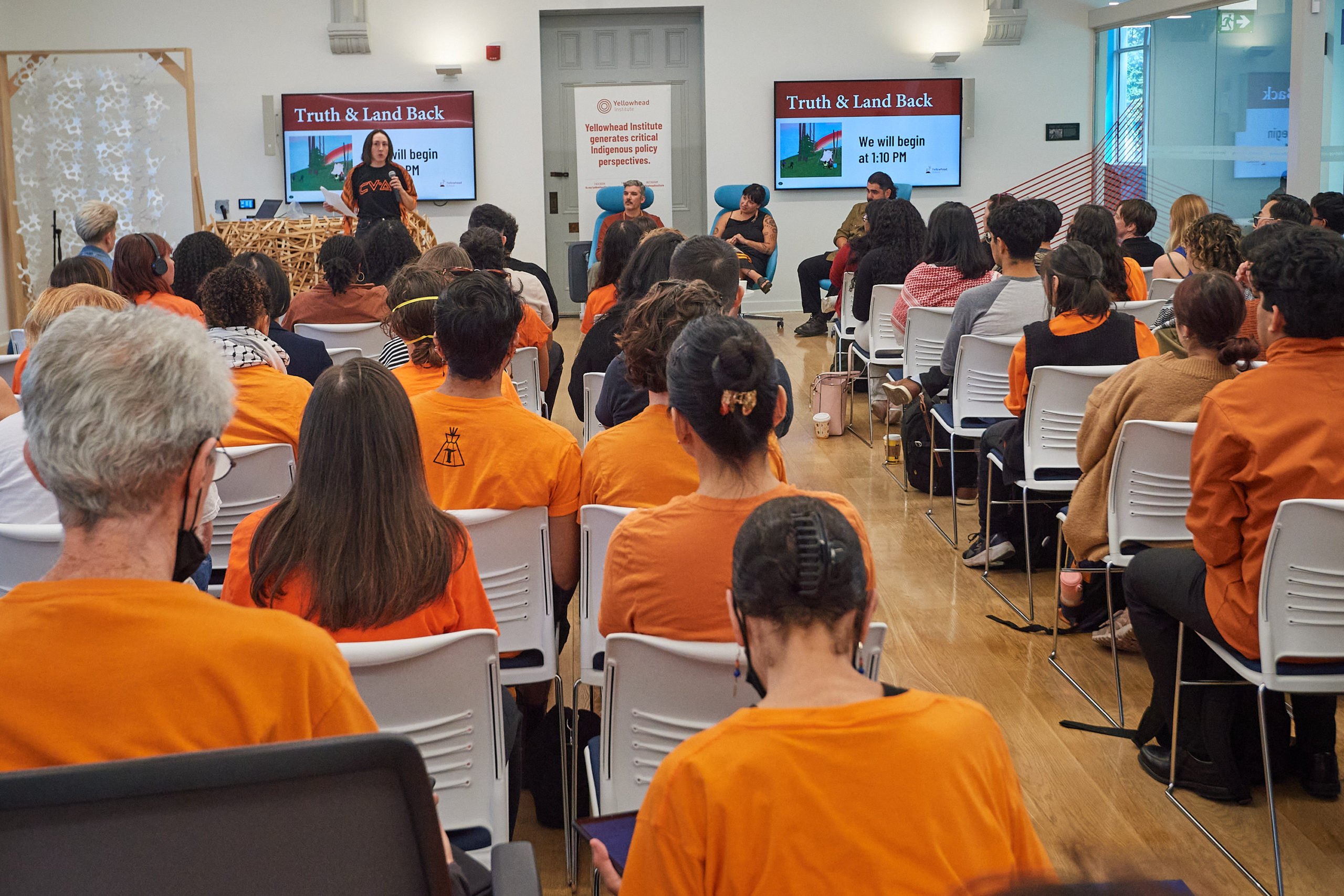
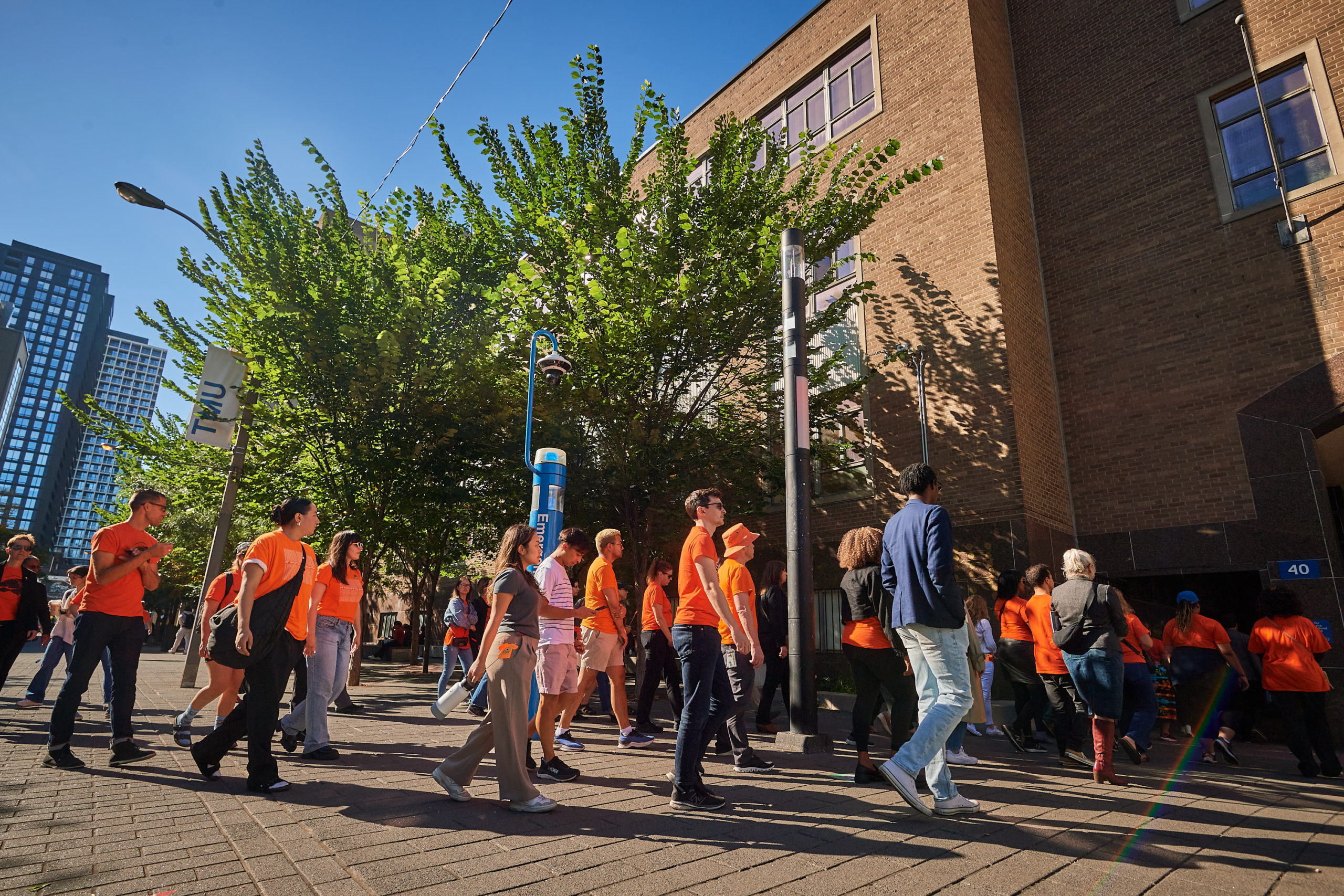
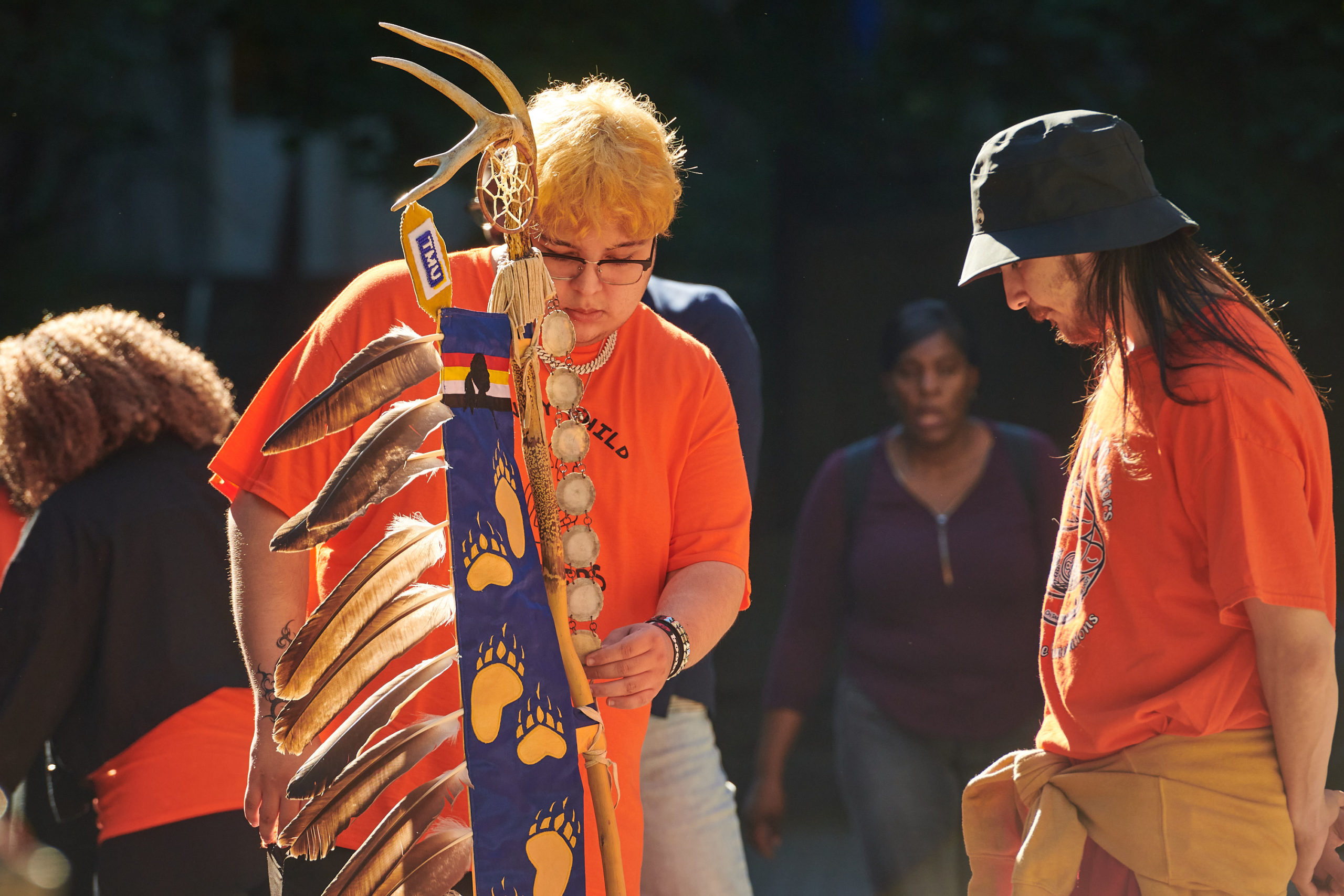
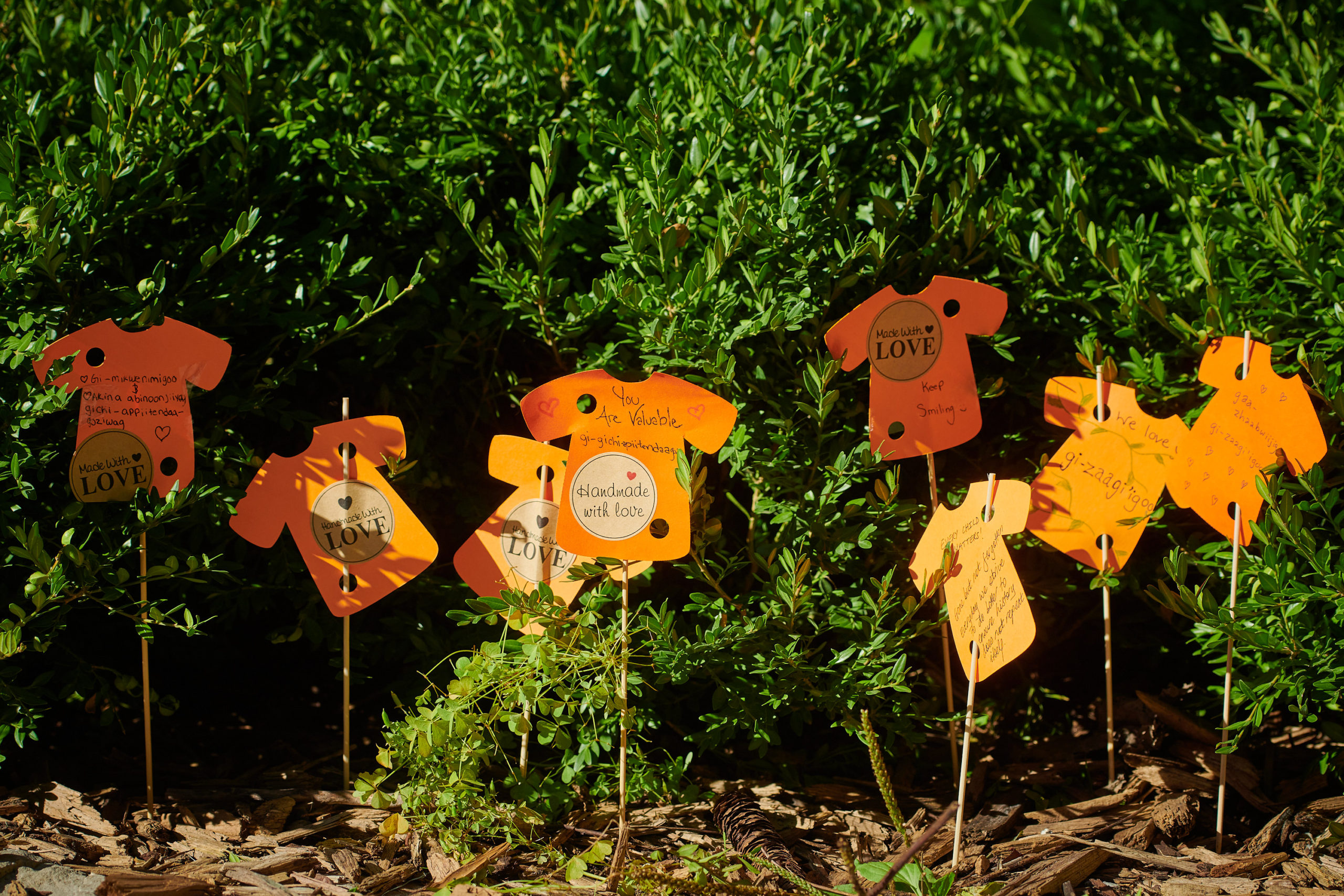
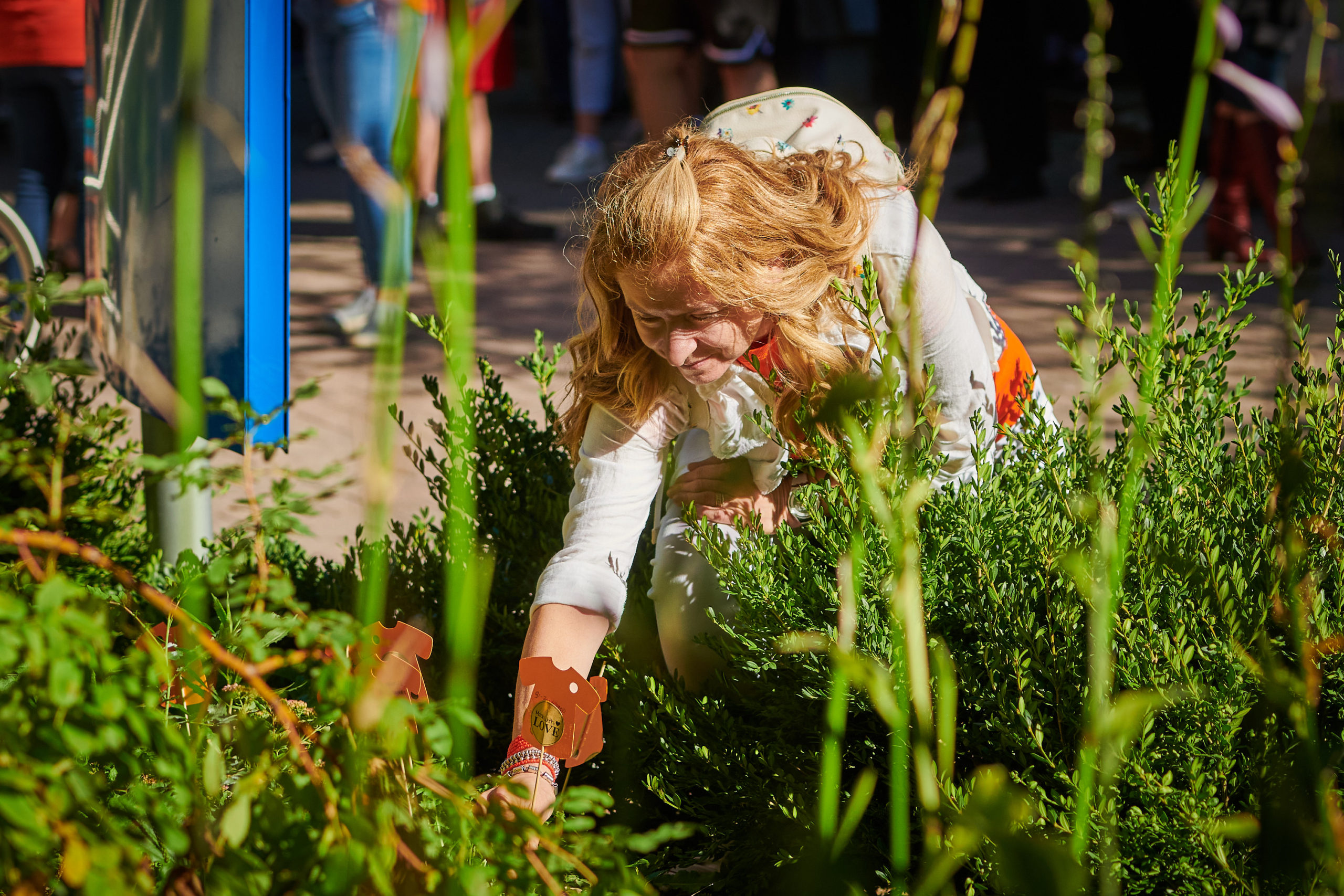









Leave a Reply